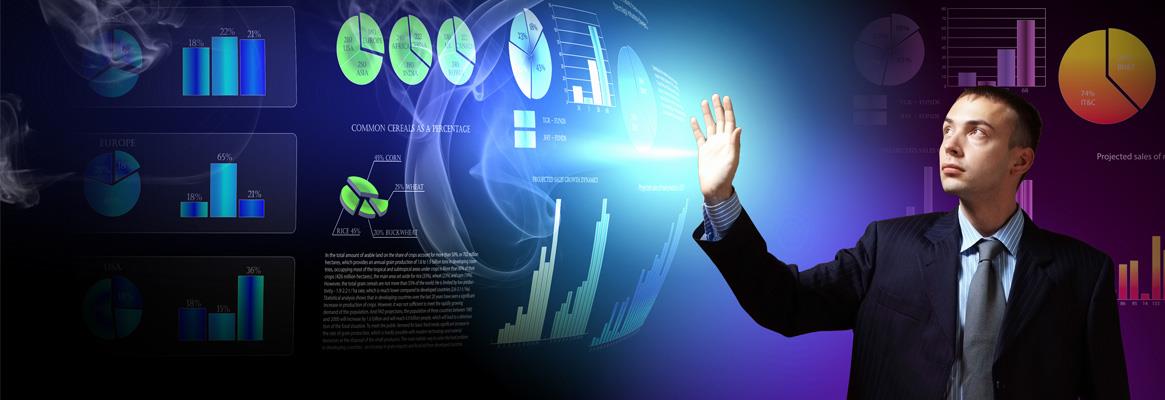India hasshown a marked improvement in the World Bank's Ease of Doing Business rankingsfor 2017. There are many improvements in India's business environment andsentiments. However, India needs to push harder to improve its ranking. A
Every year, the World Bank Groupprepares a report on 190 economies, comparing their business regulations fordomestic firms for the ease of doing business. The World Bank comparesdifferent business regulations of each country's domestic firms to measureacceptance or complications to start and carry out small-to-medium-sizedbusinesses. Eleven key business protocols are considered to rank the countries.The protocols include starting a business, dealing with construction permits,getting electricity, registering property, getting credit, protecting minorityinvestors, paying taxes, trading across borders, enforcing contracts, resolvinginsolvency, and labour market regulations.
All the figures covered in thisarticle are valid till June 1, 2016, excluding the paying taxes parameter,which has been calculated for the period of January-December 2015. In the Easeof Doing Business 2017 report, the economies are ranked from 1 to 190. Thereport issues results based on two collective procedures: the ease of doingbusiness ranking and the distance to frontier score, where both procedures arebased on distance to the frontier score. The ease of doing business ranking iscalculated by sorting the collective distance to the frontier scores furtherrounded to 2 decimal points. The distance to frontier score measures thedifference between an economy's performance and quantify the best performeracross the complete list of 36 protocols for 10 doing business protocols(excluding the labour market regulations). In distance to frontier score scale,the best performing frontier is given the score - 100 and the poorest performeris given the score- 0, on a scale from 0 to 100.
This year onwards, the DoingBusiness report added one more country (Somalia) in its economies calculationwhich made total 190 economies in its total list. The post filing process wasadded to the paying taxes protocol. In total, four protocols like starting abusiness, registering property, enforcing contracts and labour market, theregulation included a gender factor. A new trial protocol has been developed onselling to the government.
India inEase of Doing Business 2017
According to the World Bank reportof Ease of Doing Business 2017, India moved up by one place from the 2016rankings and registered its position at 130 out of total 190 countries.


When compared to last year's
ranking, there was no significant difference in all different parameters except
for two: one, in getting electricity; and the other in protecting minority
investors as can be seen in the table above.
In the getting electricity
protocol, India has achieved a remarkable success by reducing the amount of
days required to get electricity and the costs involved in getting it. In DB
2017 report, India has moved upward by 25 ranks by finalising its position at
number 26, which is over 96 per cent improvement compared to the last year DB
2016 ranking. In distance to the frontier score, India moved forward just by
five, which has improved by around 7 per cent. According to DB 2017, the time
required in India to get a new electricity connection is 46 days which was
previously 87 days. And in the same time period, the cost was lessened to 133
per cent of income per capita from 442 per cent.
For the paying taxes protocol,
India has freezed its rank at 172 in DB 2017, which is the same as last year.
However, in distance to the frontier score, India moved forward just by three
scores, which has improved by around 8 per cent. With the upgradation in the
taxpaying procedures with the introduction of an online system for paying
employee state insurance (ESI) contribution, India's DTF score improved.
Furthermore, an integrated risk management system was fully developed and came into operation by confirming that all the shipments are carefully chosen based on the principals of risk management.
Until April 2016, the Indian
customs electronic commerce gateway (ICEGate) portal allowed integrated customs
declaration for the electronic filing (e-filing), entry of bills and its trade
shipping bills, which reduced the time required and expenses for export and
import documentary procedure. Now, the portal allows the online data and
communication exchange between applicants and customs which help further by
cutting down the timeline for export and import border procedure.
The government of India passed the
Insolvency and Bankruptcy Code (IBC) in May 2016. The government plans to
introduce new agendas for company liquidation by reframing the 60-year-old one,
whenever the code comes into effect in the future. In May 2015, the Indian
government published Companies (Amendment) Act, which instantly came into force
on notification by the ministry of corporate affairs. As a result, for new
company incorporation, the minimum capital requirement was stopped. And to
start a new business operation, the requirement of a certificate was also
omitted.
For addressing commercial cases
effectively and to improve court efficiency, the Commercial Courts, Commercial
Division and Commercial Appellate Division of High Courts Act, 2015 has been
passed.
There are many improvements in India's business environment and sentiments. However, India needs to push harder to improve its DB ranking. The Indian government is vigorously working with state governments and industry to restructure working processes and reduce the timelines and costs for each procedure to make the country a viable business investment option.










Comments